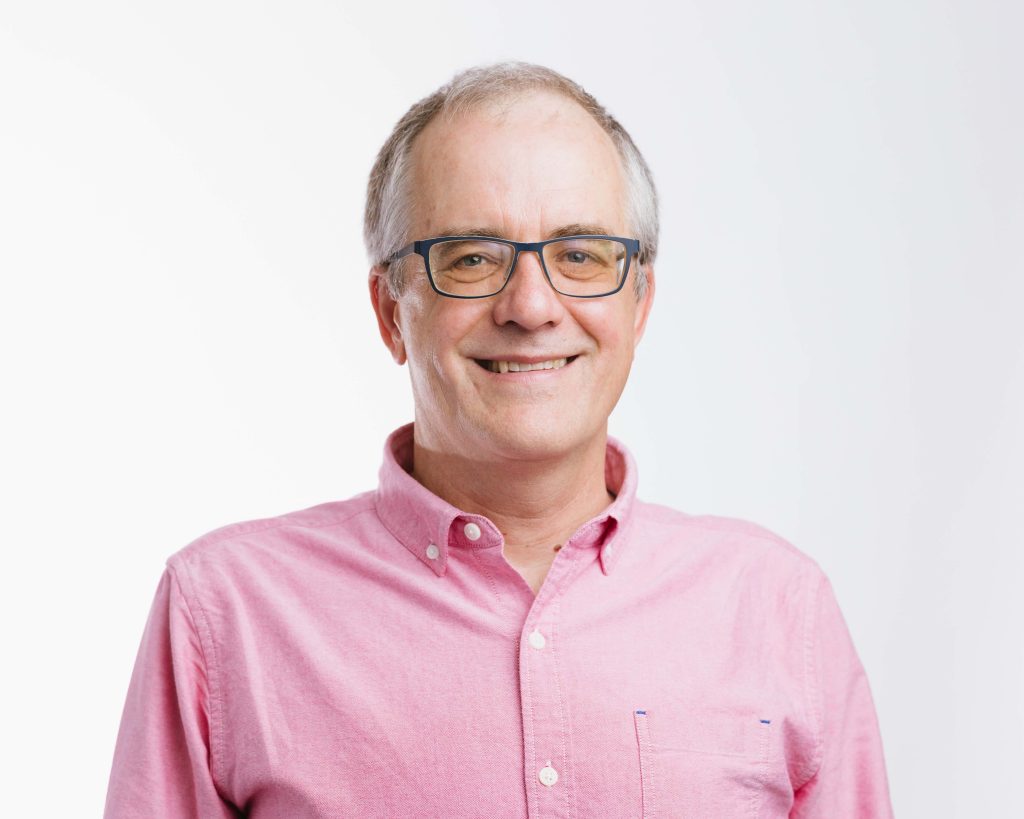Keynote Speakers

Caroline Uhler
Tuesday, August 5th | 10:30AM -11:15 AM
Title: Causality from Multi-Modal Data
Bio: Caroline Uhler is a core institute member of the Broad Institute of MIT and Harvard, where she directs the Eric and Wendy Schmidt Center and is a member of the Scientific Leadership Team. She is also the Andrew (1956) and Erna Viterbi Professor of Engineering in the Department of Electrical Engineering and Computer Science and the Institute for Data, Systems, and Society at MIT.
Caroline’s research lies at the intersection of machine learning, statistics, and genomics, with a particular focus on causal inference, representation learning, and gene regulation.
Caroline is recognized as a creative and innovative researcher and teacher at the intersection of machine learning, statistics, and biology. She is a SIAM Fellow, a Fellow of the IMS, a Sloan Research Fellow, and an elected member of the International Statistical Institute. In addition, she has received multiple awards including an NIH New Innovator Award, a Simons Investigator Award, and an NSF Career Award.
Caroline holds an MSc in mathematics, a BSc in biology, and an MEd all from the University of Zurich. She obtained her PhD in statistics from UC Berkeley in 2011 and then spent three years as an assistant professor at IST Austria before joining the faculty at MIT in 2015.

Jason Cong
Tuesday, August 5th | 11:15AM – 12:00PM
Title: Deep Learning Meets Chip Design: Driving Next-Gen Efficiency and Innovation
Bio: JASON CONG is the Volgenau Chair for Engineering Excellence Professor at the UCLA Computer Science Department (and a former department chair), with joint appointment from the Electrical and Computer Engineering Department. He is the director of Center for Domain-Specific Computing (CDSC) and the director of VLSI Architecture, Synthesis, and Technology (VAST) Laboratory. Dr. Cong’s research interests include novel architectures and compilation for customizable computing, synthesis of VLSI circuits and systems, and quantum computing. He has over 500 publications in these areas, including 20 best paper awards, and 5 papers in the FPGA and Reconfigurable Computing Hall of Fame. He and his former students co-founded AutoESL, which developed the most widely used high-level synthesis tool for FPGAs (renamed to Vivado HLS and Vitis HLS after Xilinx’s acquisition). He is member of the National Academy of Engineering, the American Academy of Arts and Sciences, and a Fellow of ACM, IEEE, and the National Academy of Inventors. He is recipient of the SIA University Research Award, the EDAA Achievement Award, the IEEE Robert N. Noyce Medal, the Phil Kaufman Award, and most recently, the ACM Chuck Thacker Breakthrough Award “ for fundamental contributions to the design and automation of field-programmable systems and customizable computing.”

Dan Roth
Wednesday, August 6th | 10:30-12:00 PM
Title: On Reasoning LLMs: Myths, Merits, and How to Move Forward
Bio: Dan Roth is the Eduardo D. Glandt Distinguished Professor at the Department of Computer and Information Science, University of Pennsylvania and the Chief AI Scientist at Oracle. Until June 2024 Dan was a VP/Distinguished Scientist at AWS AI. In his role at AWS Roth led over the last three years the scientific effort behind the first-generation Generative AI products from AWS, including Titan Models, Amazon Q efforts, and Bedrock, from inception until they became generally available. Dan is a Fellow of the AAAS, ACM, AAAI, and ACL. In 2017, Dan was awarded the John McCarthy Award; he was recognized for “for major conceptual and theoretical advances in the modeling of natural language understanding, machine learning, and reasoning.” He has published broadly in natural language processing, machine learning, knowledge representation and reasoning, and learning theory, was the Editor-in-Chief of the Journal of Artificial Intelligence Research (JAIR) and has served as a Program Chair and Conference Chair for the major conferences in his research areas. Roth has been involved in several startups; most recently he was a co-founder and chief scientist of NexLP, a startup that leverages the latest advances in Natural Language Processing, Cognitive Analytics, and Machine Learning in the legal and compliance domains. NexLP was acquired by Reveal. Dan received his B.A Summa cum laude in Mathematics from the Technion, Israel and his Ph.D. in Computer Science from Harvard University in 1995.

Chris Manning
Thursday, August 7th | 10:30-12:00 PM
Title: Meaning and Intelligence in Language Models: From History and Philosophy to Universal Transformers and Web Agents
Bio: Christopher Manning is the inaugural Thomas M. Siebel Professor in Machine Learning in the Departments of Computer Science and Linguistics at Stanford University and a Senior Fellow at the Stanford Institute for Human-Centered Artificial Intelligence (HAI); and was Director of the Stanford Artificial Intelligence Laboratory (SAIL) 2018–2025. His research is on computers that can intelligently process, understand, and generate human languages. Chris is the most-cited researcher within Natural Language Processing (NLP), with best paper awards at the ACL, Coling, EMNLP, and CHI conferences and two ACL Test of Time awards; a member of the U.S. National Academy of Engineering; and recipient of the 2024 IEEE John von Neumann Medal for his pioneering work on applying neural network or deep learning approaches to human language understanding, which led into modern Large Language Models and Generative AI. He founded the Stanford NLP group, has written widely used NLP textbooks, and teaches the popular NLP class CS224N, watched by tens of thousands online.
He is a current General Partner at AIX Ventures, leading early investments into companies including: Wispr Flow, Greenshoe, and Workhelix.
